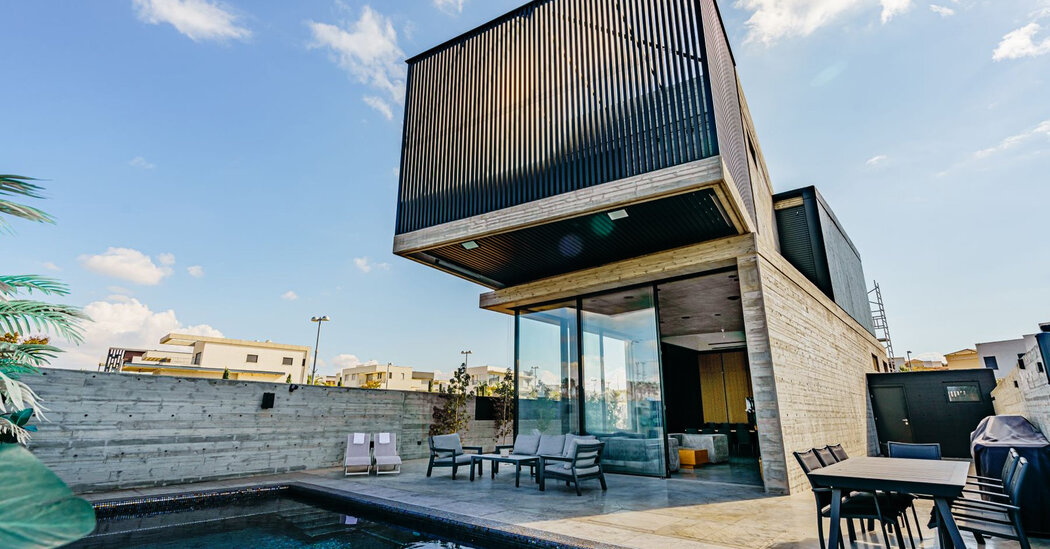
Israel was already facing a housing shortage before the pandemic, said Nicole Izbicki, an agent at Jerusalem Immobilier in Jerusalem. “We still don’t have enough apartments, pandemic or not,” she said. Apartments make up most of the market in cities like Tel Aviv and Jerusalem, with detached houses more prevalent in remote areas and suburbs. Though construction of apartments accelerated by 7 percent in 2021, Ms. Izbicki said, “it’s far from sufficient. There’s very little choice, and you have to take what there is.”
The pandemic also caused a shift in how Israelis view living spaces, Ms. Izbicki said, creating more market pressure. “If an Israeli has a nice apartment, they’ll renovate every 10 years, but they won’t move without a particular reason,” she said. “Now, we’re seeing pandemic moves. People are much more afraid of the next lockdown. They want space, a balcony, a garden.”
Israel maintained its position this year as one of the region’s most expensive housing markets, according to the 2021 Deloitte Property Index, with average home prices at 4,052 euros a square meter ($425 a square foot). In Tel Aviv, Deloitte reported the average price per square foot at $1,056 — up 5.6 percent since 2019.
Mr. Monarov said the beach areas of Tel Aviv have seen prices nearly double in recent years, with detached homes now averaging about 130,000 shekels a square meter ($3,880 a square foot). “A detached home in Israel is considered a luxury,” he said. Away from the sea, home prices can drop to 75,000 shekels a square meter ($2,240 a square foot), he said.
The entry point for an apartment in Tel Aviv is about $1,850 a square foot “for a modern building with an elevator,” according to Mr. Goldstein, rising to about $5,500 a square foot “for a penthouse in a modern building on the waterfront.”





